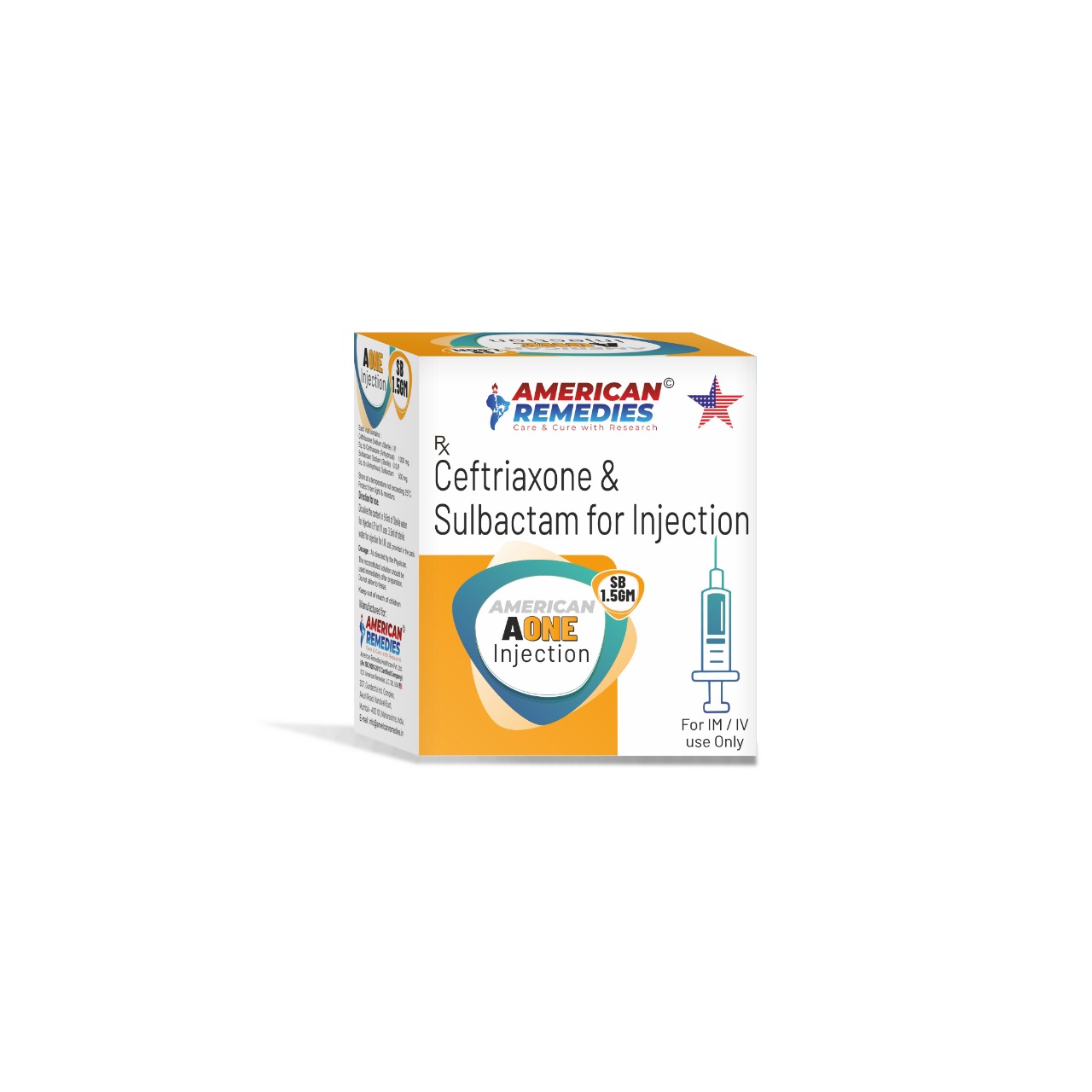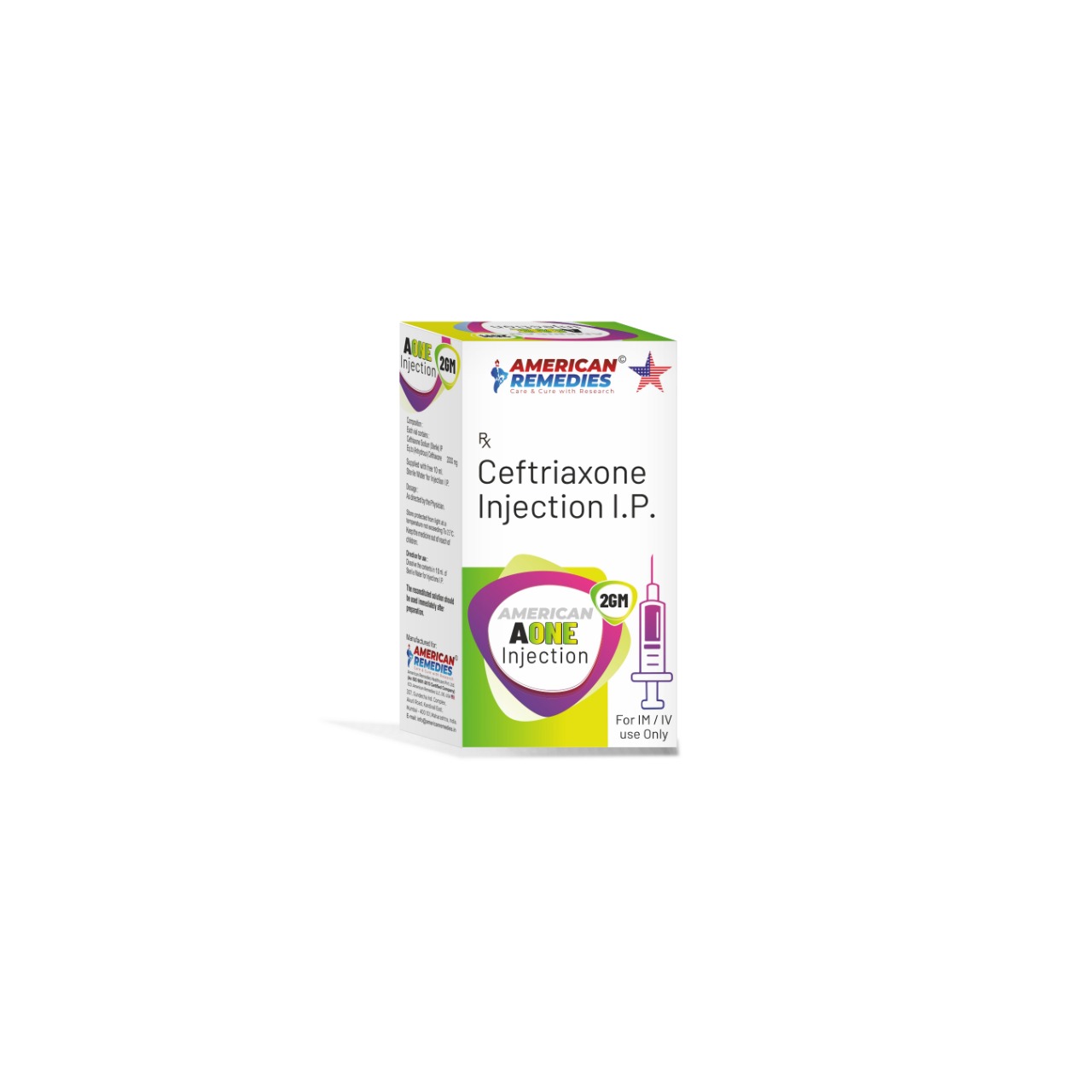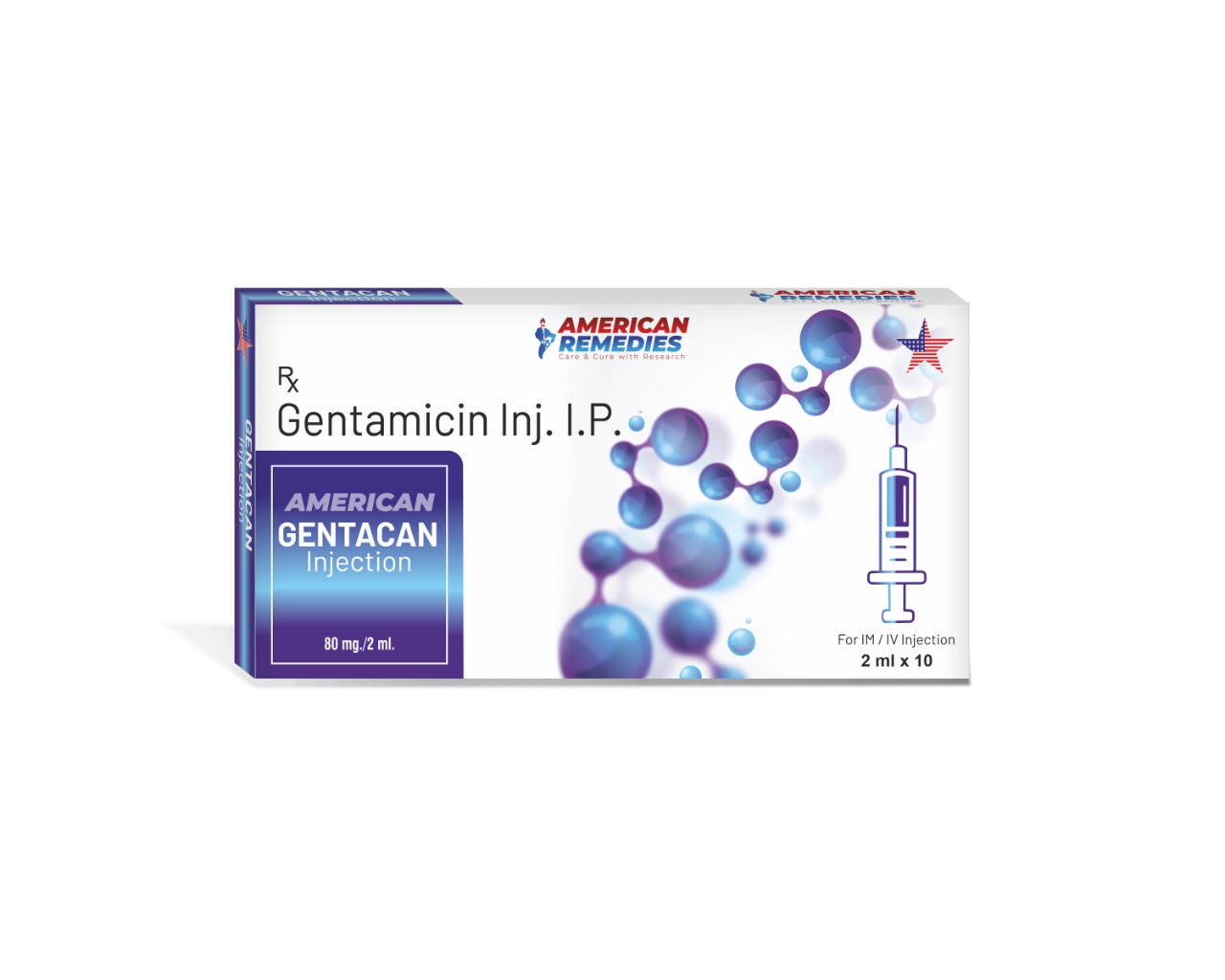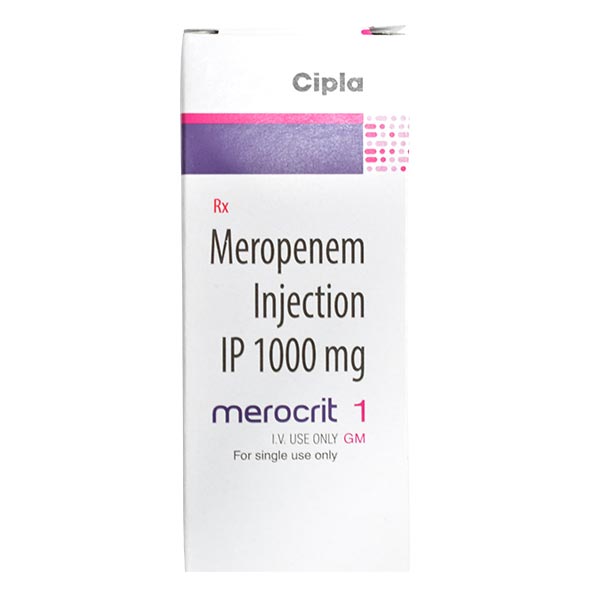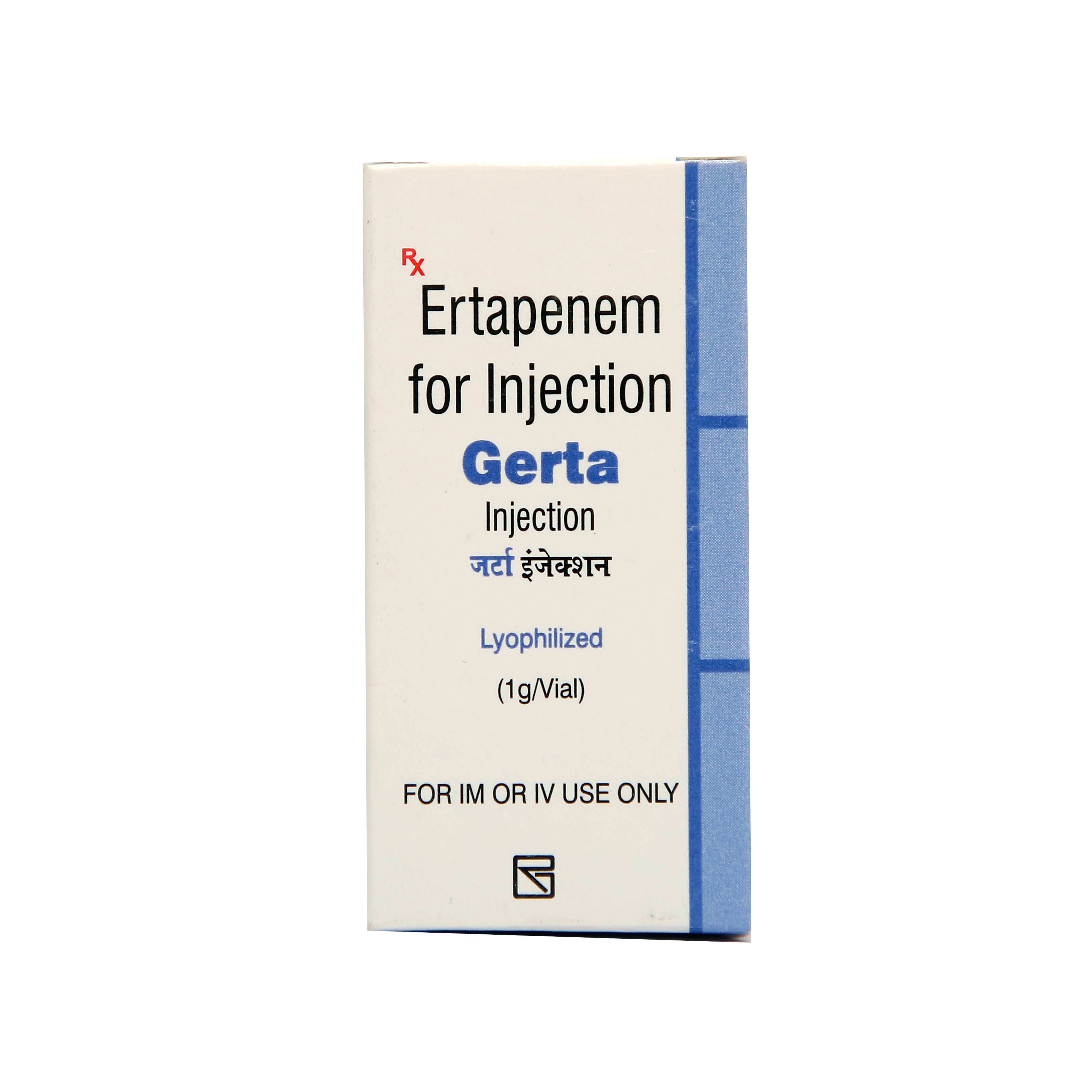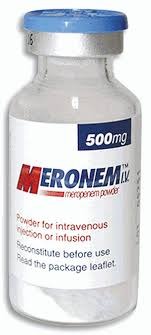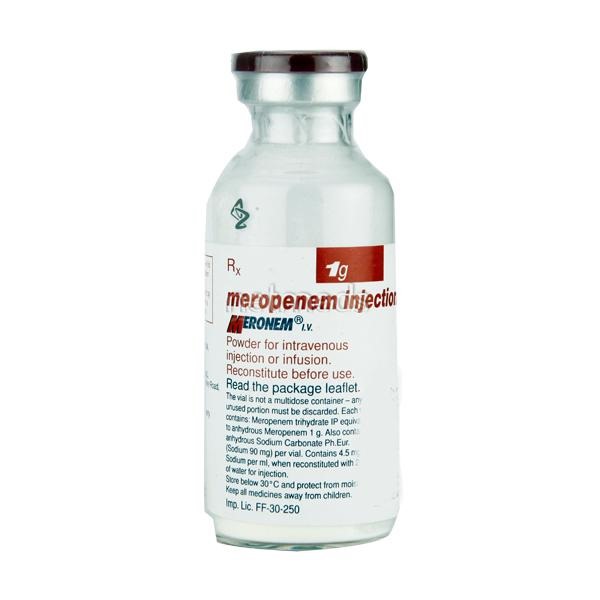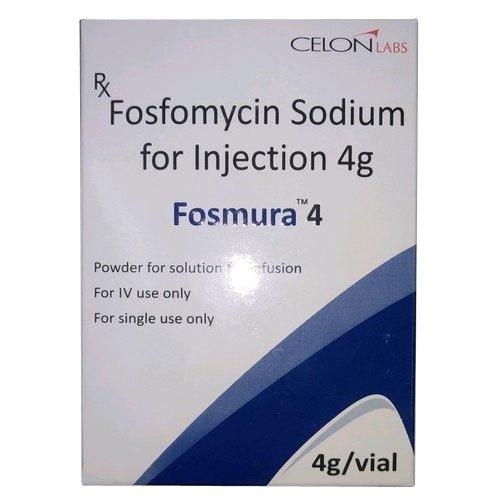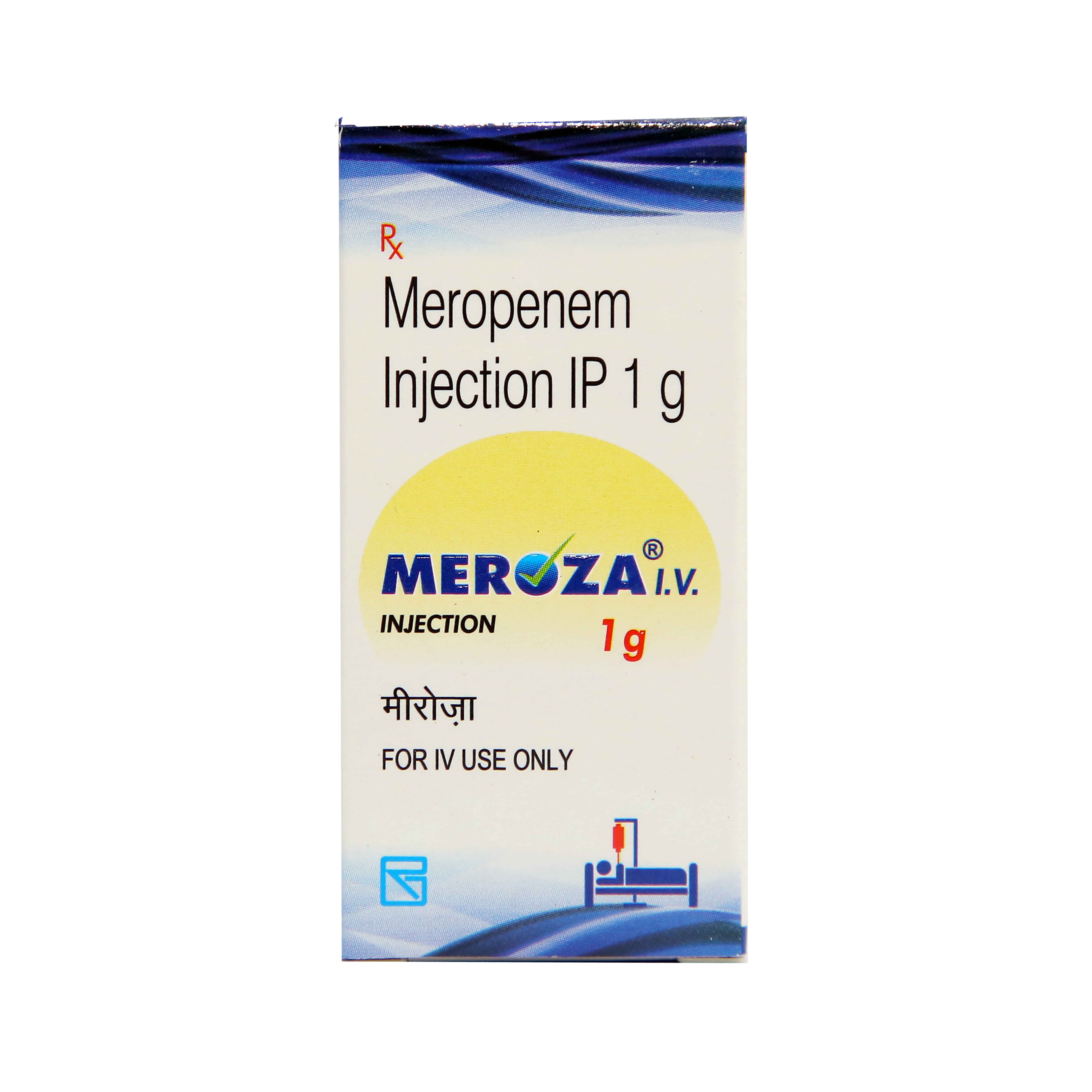Aone SB 1.5 gm Injection is a combination antibiotic manufactured by American Remedies. It contains Ceftriaxone (1000 mg) and Sulbactam (500 mg). Ceftriaxone is a third-generation cephalosporin antibiotic that inhibits bacterial cell wall synthesis, leading to cell death. Sulbactam is a β-lactamase inhibitor that protects Ceftriaxone from degradation by β-lactamase-producing bacteria, thereby enhancing its effectiveness. ________________________________________ 🩺 Uses of Aone SB 1.5 gm Injection Aone SB 1.5 gm Injection is prescribed for the treatment of various bacterial infections, including: • Lower Respiratory Tract Infections: Such as pneumonia. • Urinary Tract Infections (UTIs): Including both complicated and uncomplicated UTIs. • Intra-abdominal Infections: Such as peritonitis. • Skin and Soft Tissue Infections: Including cellulitis and abscesses. • Bone and Joint Infections: Such as osteomyelitis and septic arthritis. • Septicemia: Bloodstream infections. • Meningitis: Infections of the brain and spinal cord membranes. • Pelvic Inflammatory Disease: Infections of the female reproductive organs. • Endocarditis: Infection of the heart valves. • Surgical Prophylaxis: To prevent infections during or after surgery. ________________________________________ 💊 How It Works Ceftriaxone works by inhibiting the synthesis of bacterial cell walls, leading to the destruction of the bacteria. Sulbactam enhances the activity of Ceftriaxone by inhibiting β-lactamase enzymes that can degrade Ceftriaxone, thereby extending its spectrum of activity against resistant bacteria. ________________________________________ ⚠️ Side Effects Common side effects may include: • Injection site reactions (pain, redness, or swelling). • Diarrhea. • Rash. • Increased liver enzymes. • Low blood platelets. • Changes in white blood cell counts. If any of these side effects persist or worsen, consult your healthcare provider promptly. ________________________________________ ⚠️ Precautions Before using Aone SB 1.5 gm Injection, inform your doctor if you: • Have a history of allergies to cephalosporin antibiotics. • Have liver or kidney disease. • Are pregnant, planning to become pregnant, or breastfeeding. • Are taking any other medications, including over-the-counter drugs and supplements. Your doctor will determine the appropriate dosage and duration of treatment based on your specific condition.
Send Message